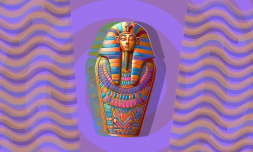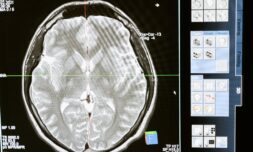A team of scientists at Israel’s Weizmann Institute recently discovered that our nasal breathing patterns are so unique, people can be accurately identified on them alone. A study showed a success rate of 96.8%.
Ready to become acutely aware of your bodily functions? Let’s get into it.
As incomprehensible as it seems when you truly think about it, we’ve accepted that our fingerprints are entirely unique to each of us. Many of those incarcerated for serious crimes will be ruing that very fact – and it is fact.
What isn’t widely known or accepted, however, is that our breathing patterns may be a close second in terms of individually identifying us. According to a group of scientists at Israel’s Weizmann Institute, our nasal breathing patterns may also be one-of-one, and their hit rate is hard to argue against.
This revelation wasn’t preempted, either. Initially, senior neuroscientist Timna Soroka had tasked her team with studying the relationship between brain behaviour and scents. They just so happened to stumble upon the humdinger that our noses could effectively be biometric scanners.
For the experiment, 100 people were fitted with a small wearable device that tracked nasal airflow throughout a 24-hour period. A protocol dubbed BreathMetrics was used to anaylse 24 parameters of the participants’ breathing, and after just one hour’s worth of data, they were able to identify people at a rate of 43% based on this alone.
While this isn’t anywhere near as foolproof an identifier as a fingerprint, upon collecting 24 hours’ worth of respiratory data, the success rate shot up to a near-perfect 96.8%. As I write this, I’m trying to switch up my own inherent patterns out of sheer spite.


















